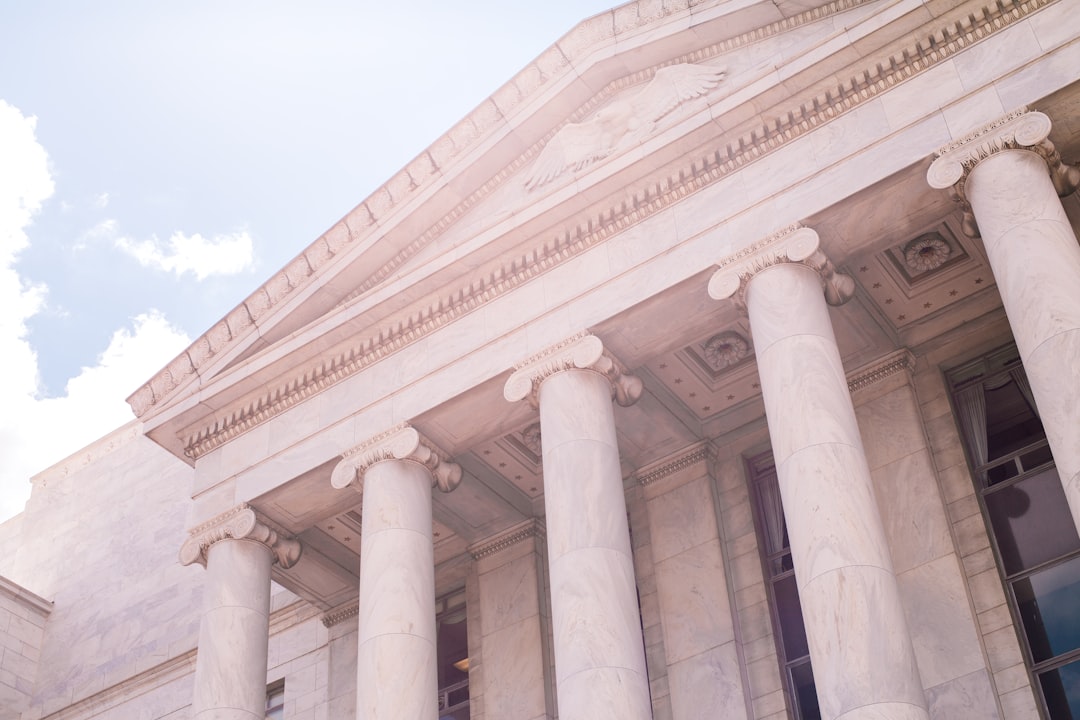
The Government Overreach: The Unconstitutional War on American Liberty
In an age where the line between liberty and control becomes increasingly blurred, the term “government overreach” resonates with an alarming frequency. It is a phrase that encapsulates the growing anxiety of citizens who feel their freedoms are being stripped away by those who have sworn to uphold and protect them. As we traverse the landscape of contemporary politics, we must take a moment to truly grasp the implications of this overreach and the lasting impact it has on our American liberty.
A Historical Context
Let’s start with a little history lesson—because, apparently, history is no longer a priority in our schools, and where would we be without a little context? The framers of our Constitution were well aware of the dangers posed by an overreaching government. They meticulously crafted a system of checks and balances designed to prevent tyranny, drawing on the painful lessons learned from oppressive regimes of the past. Yet, here we are, over two centuries later, facing a government that seems all too eager to overstep its bounds.
The Modern-Day Manifestation of Overreach
Fast forward to the present day, and we see government overreach manifesting in various forms: from surveillance programs that infringe on our privacy to mandates that dictate how we live our lives. The pandemic served as a prime example, where many officials took it upon themselves to impose draconian measures in the name of public health. Forget about personal choice; it seems that the government knows what’s best for you—how quaint.
For instance, when major cities implemented lockdowns and curfews, it was framed as a collective necessity. But if we peel back the layers, we find a troubling reality: many citizens were left wondering where their rights to assemble, worship, and even breathe freely went. Is it really acceptable for a government to dictate whether we can open our businesses, gather with friends, or attend church? The answer is a resounding no, unless you enjoy living in a dystopian novel.
The Erosion of Individual Rights
Moreover, we need to talk about the erosion of individual rights. The First Amendment guarantees our freedom of speech, yet we find ourselves in a culture where “cancel culture” has become the norm. Speak your mind, and you might just find yourself ostracized—or worse—facing legal repercussions. It’s almost as if we are being conditioned to self-censor, lest we offend the delicate sensibilities of those who tout their moral superiority.
The Second Amendment is similarly under siege, with various states proposing laws that restrict gun ownership while touting their intention to reduce crime. However, one must wonder: does taking guns away from law-abiding citizens really deter criminal activity? If history has taught us anything, it’s that criminals don’t typically abide by the law. Yet, here we are, chasing the mirage of safety while sacrificing our constitutional rights.
The Slippery Slope
Let’s not forget the slippery slope we find ourselves on. When the government begins to infringe upon our rights in small ways—through excessive taxation, regulatory overreach, or even the enforcement of political correctness—it sets a dangerous precedent. If we allow these minor infringements to pass without challenge, we are essentially granting permission for more significant violations down the line. It’s like giving a mouse a cookie; if you give them a little bit of control, they’ll soon be asking for the whole cookie jar.
Expert Opinions and Data
It’s easy to dismiss concerns over government overreach as mere paranoia, but let’s consider some facts. According to a recent survey, a significant percentage of Americans believe that their personal freedoms have been curtailed over the last decade. A study by a reputable think tank found that nearly 60% of respondents felt that government actions during the pandemic were excessive and unwarranted. These sentiments are echoed by experts who argue that unchecked government power can lead to authoritarianism—a fate that our forefathers fought valiantly to prevent.
Counterarguments and the Need for Balance
Of course, the counterargument typically centers around the idea of the common good. Proponents of government intervention argue that restrictions are necessary for the safety and welfare of the populace. While it’s true that a government has a responsibility to protect its citizens, the question remains: at what cost? When does the pursuit of the common good become a convenient excuse for trampling individual rights?
Finding a balance between safety and freedom is no easy task. However, we must remain vigilant and hold our leaders accountable. It is not enough to merely accept government actions as a necessary evil; we must scrutinize, question, and challenge when warranted.
The Call to Action
In conclusion, the war on American liberty is not a battle that we can afford to ignore. Government overreach is a symptom of a larger disease—one that threatens the very foundation of our democracy. It is essential for citizens to engage in discussions surrounding these issues, to educate themselves, and to actively participate in the political process.
If we do not stand up for our rights, we risk losing them altogether. So, let’s raise our voices, rally our communities, and remind our elected officials that they are there to serve us, not to dictate our lives. Because after all, liberty is not a privilege; it is our birthright. Let’s not let it slip through our fingers.
In this ongoing struggle against government overreach, we must remember: freedom is never more than one generation away from extinction. Let’s do our part to ensure that it remains an enduring legacy for generations to come.
Tags: opinion, editorial, current events, government overreach, American liberty, personal freedoms, constitutional rights.


